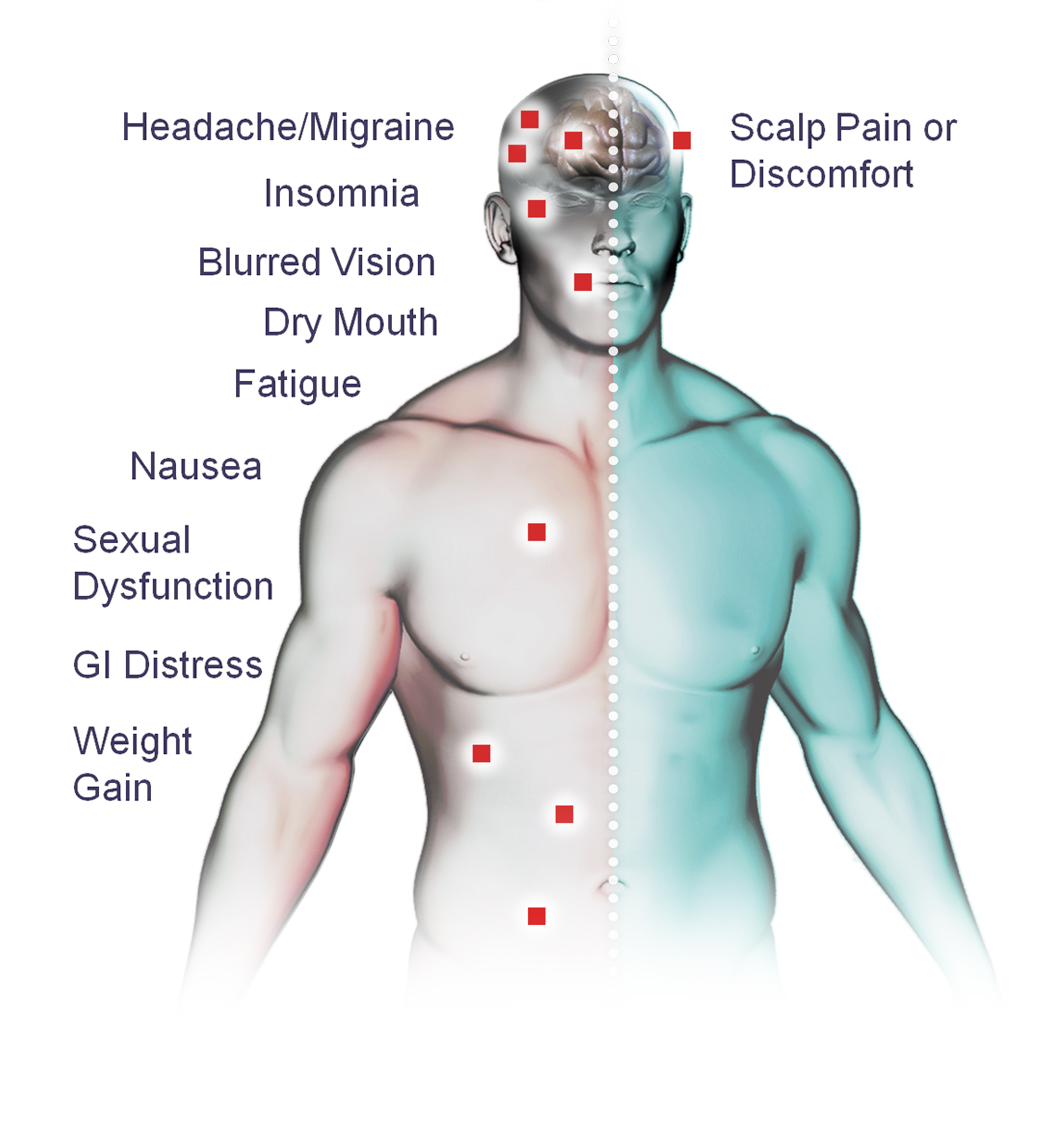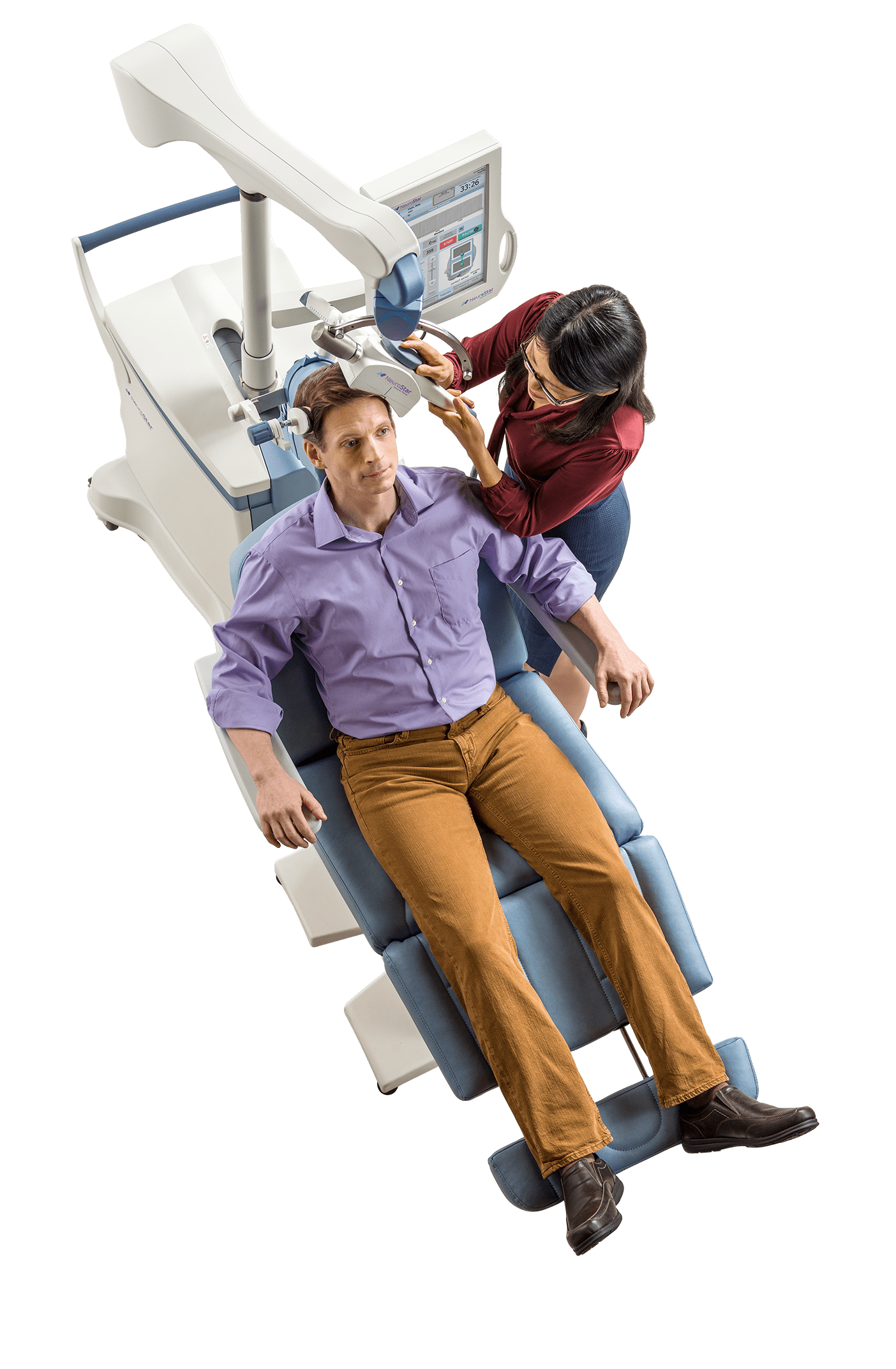Positive Change TMS is a psychiatric office dedicated to providing Transcranial Magnetic Stimulation treatments to the patients in Long Island and vicinity. The office is under the leadership of Dr. Kamil Atta, who is an experienced, board certified psychiatrist.
Our office has been providing services to the Long Island population since its beginning in 2008. Dr. Atta specializes in various treatment techniques including but not limited to pharmacotherapy, TMS and ECT. We are flexible and patient oriented and we pride ourselves in providing the best care for patients’ needs.
Transcranial magnetic stimulation (TMS) uses a targeted pulsed magnetic field, similar to what is used in an MRI (magnetic resonance imaging) machine. While the patient is awake and alert, TMS Therapy stimulates areas of the brain that are underactive in depression.
Every day with depression is a struggle. When antidepressant medications aren’t working, it’s hard to know what to turn to next.
Repetitive TMS is a noninvasive form of brain stimulation used for depression. Unlike vagus nerve stimulation or deep brain stimulation, rTMS does not require surgery or implantation of electrodes. And, unlike electroconvulsive therapy (ECT), rTMS doesn’t cause seizures or require sedation with anesthesia.
Generally, rTMS is considered safe and well-tolerated. However, it can cause some side effects

We’ve worked for over a year to offer you the best possible web design solution. Now, all you need to do is press ‘Play’.
Depression is a treatable condition, but for some people, standard treatments aren’t effective. Repetitive TMS is typically used when standard treatments such as medications and talk therapy (psychotherapy) don’t work.

Indication
Positive Change TMS® Advanced Therapy is indicated for the treatment of Major Depressive Disorder in adult patients who have failed to receive satisfactory improvement from prior antidepressant medication in the current episode.
Important Safety Information
The most common side effect is pain or discomfort at or near the treatment site. These events are transient; they occur during the TMS treatment course and do not occur for most patients after the first week of treatment.
Positive Change TMS® should not be used with patients who have non-removable conductive metal in or near the head. Positive Change TMS® has not been studied in patients who have not received prior antidepressant treatment.
Complete information is available at positivechangetms.com